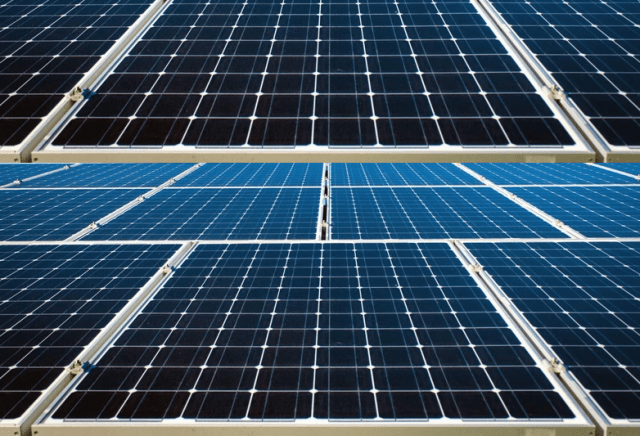The constantly rising cost of electricity is increasing the popularity of Solar Panels mostly in residential areas. Despite the upward trend, however, there are still lots of reservations in the use of Solar Power. Most questions asked are not answered, if they are, the answers are not sufficient to convert a probable customer into installing a solar power system.
Electricity Rate
As of January 2022, the Meralco electricity rate for domestic customers is ₱9.702 per kWh. A medium-size household will consume around 25 – 35 kWh per day depending on the month of the year. The average monthly bill for Meralco customers will be about ₱10K.
Solar Power Investment Cost
In the Philippines, the initial cost of investing in solar power systems is beyond the reach of an ordinary household. At present, a 3kW grid-connected system will cost about ₱320K.
A 3000W solar power system will contribute an average of 15 – 20 kWh in a day. That is half of the energy requirement for a medium-size household previously mentioned. In theory, that will cut the electricity bill to around ₱5K per month.
Using these figures, the return of investment for the solar power system will be around 5-1/2 years. Within this period, only the batteries may need replacement. All other components are still within their tiptop operating conditions.
Is it worth it?
The electricity rate is always on the rise. Considering inflation and market trends, in 5 years time, the electricity rate may increase 150 – 200%. With the cost of the solar panel already recovered, the net rate of electricity will be significantly lower than without solar panels installed.
The benefits of a solar power system installed in a household is significant. The only constraint is the initial investment.
Government assistance
In other countries, the government provides grants or rebates to those who install solar power systems in their household. Those rebates are on top of the energy generated by the solar power system which is supplied to the grid if there is an excess of solar-generated energy for the consumption of the household. Government assistance will be a good motivation to install renewable energy for domestic use.
